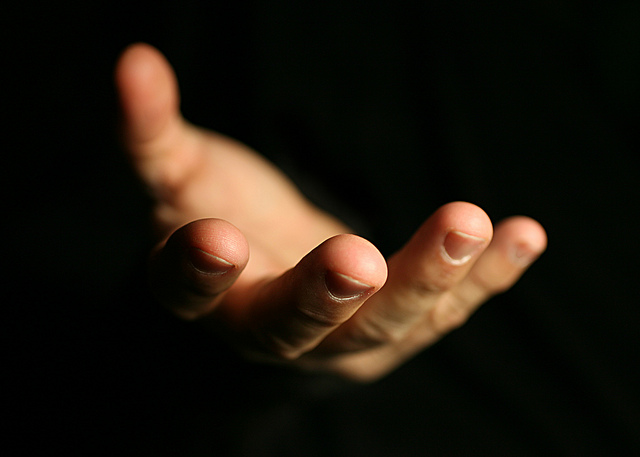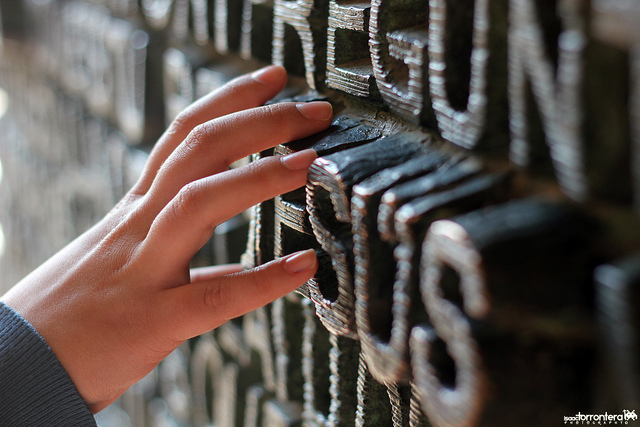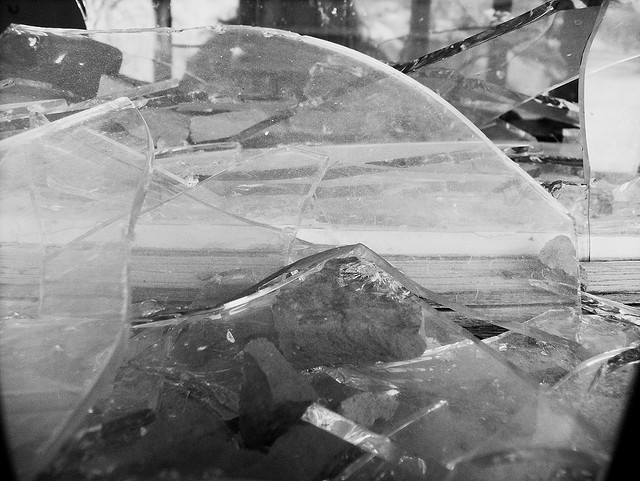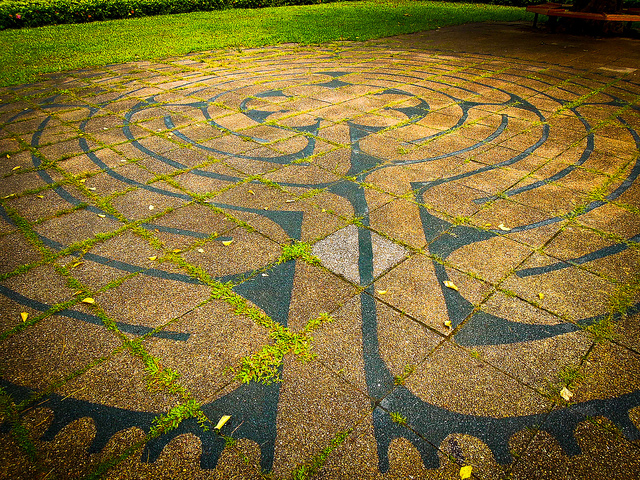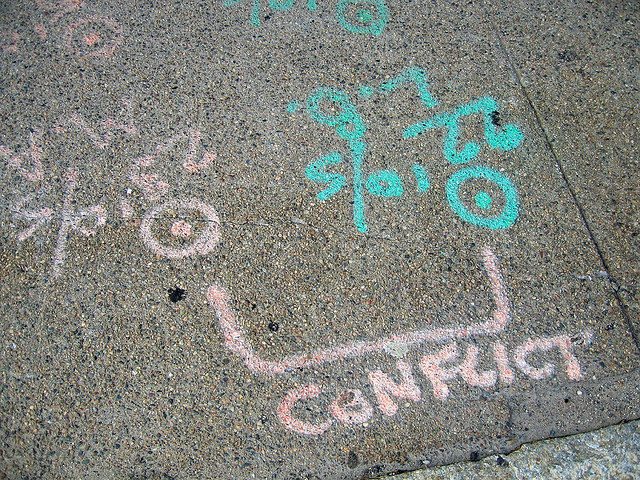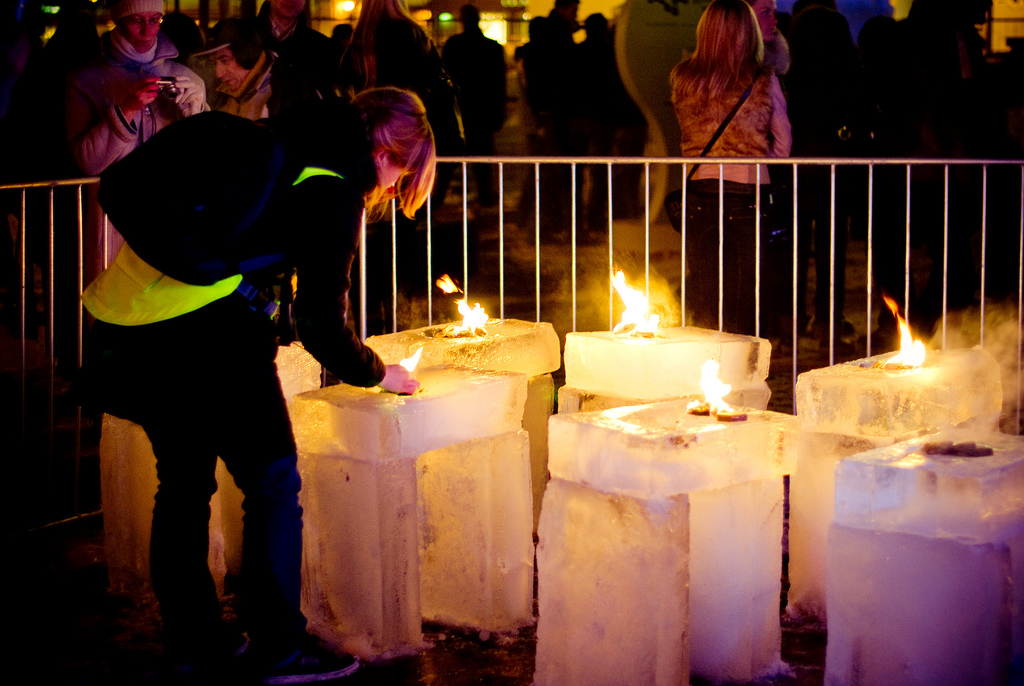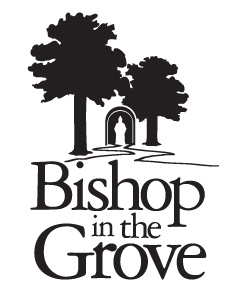Tag: Compassion
-

Go ahead and belove
“Excuse me,” the voice said from off to my side. “Can you help me?” She was an old woman, perhaps in her 80’s. Her bones looked small and fragile. She wore a dirty coat. For some reason the coat really bothered me. This woman shouldn’t have been out there in the cold. She should have been […]
-

Overwhelmed with Thoughts of Jesus
I’m overwhelmed with thoughts of Jesus. Jesus and God and Christianity and the Lord’s Prayer and compassion and forgiveness and hope and judgement and freedom from judgement and all of the things which made (and make) me feel connected to the Sacred. I don’t know what to do with all of this. It started when […]
-

The Continued Relevance of Compassion
This has been quite a week. I made the choice to leave ADF. I handed over the Fellowship to an amazing person, Kristin McFarland. I left home for Los Angeles to meet Cher and write songs with a bunch of starry-eyed kids. It’s been surreal. Then, at the end of the week, after rushing to put […]
-

How Do We Begin?
Sometimes I find myself out of balance. Today, for example, I came into my room — the place where I light my incense, still my mind, perform acts of reverence and celebration — and I found myself uncertain about how to begin. My mind was a repository for too many things. There was clutter everywhere. […]
-

Privilege: The Other “P” Word
Yesterday I said, “Be nice.” Perhaps encouraging nicety is not the right approach. Perhaps to say “be nice” is too simplistic, and worse, reads very much like, “Hush now, your problems are not important,” or, “You are making me uncomfortable with your anger,” or “There really isn’t that much to be angry about, so can’t you […]
-

How Do We Respond to Conflict in Pagan Communities?
Paganism, on the surface, seems like a retreat from the challenges posed by organized religion. Our great, mostly-pentacle-shaped umbrella, under which all shades, shapes and sizes of earth loving, god or goddess invoking creatures rest, looks to the untrained eye like a respite from bureaucracy, miscommunication, and any of the other ills of “The Church.” It […]
-

My Friend Got Stuck in the Winter
We’re searching for new beginnings, my friend and I. Yesterday, we took to driving along open roads, through fields turned yellow from the heat, with music playing loud enough to drown out all else, and we let the sound paint a picture of how much we’d changed. A year ago, my friend and I let […]
-

How Does Paganism Handle Turnover?
A friend messaged me this morning to tell me she’d been fired. The news was unexpected, as it often is, and she was understandably torn up over it. My heart sunk, and I hurt for her. I wanted to reach out and embrace her, but I couldn’t. There was only text between us, and the […]
-

The Problem of the Pagan “Us and Them”
When I questioned the place of compassion in Pagan and Polytheist philosophy a couple of weeks back, I got an interesting response from one of my readers, “LaurelhurstLiberal”. She wrote, “Now, about compassion: as a Heathen Reconstructionist, this is one of the big questions I’m still trying to puzzle out. Right now, it seems to […]
-

Where Does Compassion Belong Among Pagans and Polytheists?
I’m having a hard time with compassion. So far, I’ve developed a daily ritual at my altar, I’ve reconciled (for the time being) my differences with my Christianity, I’m working to hold the tension between my Druid Revival leanings and my ADF approach, and all of that feels good. I feel like I’m developing a […]
